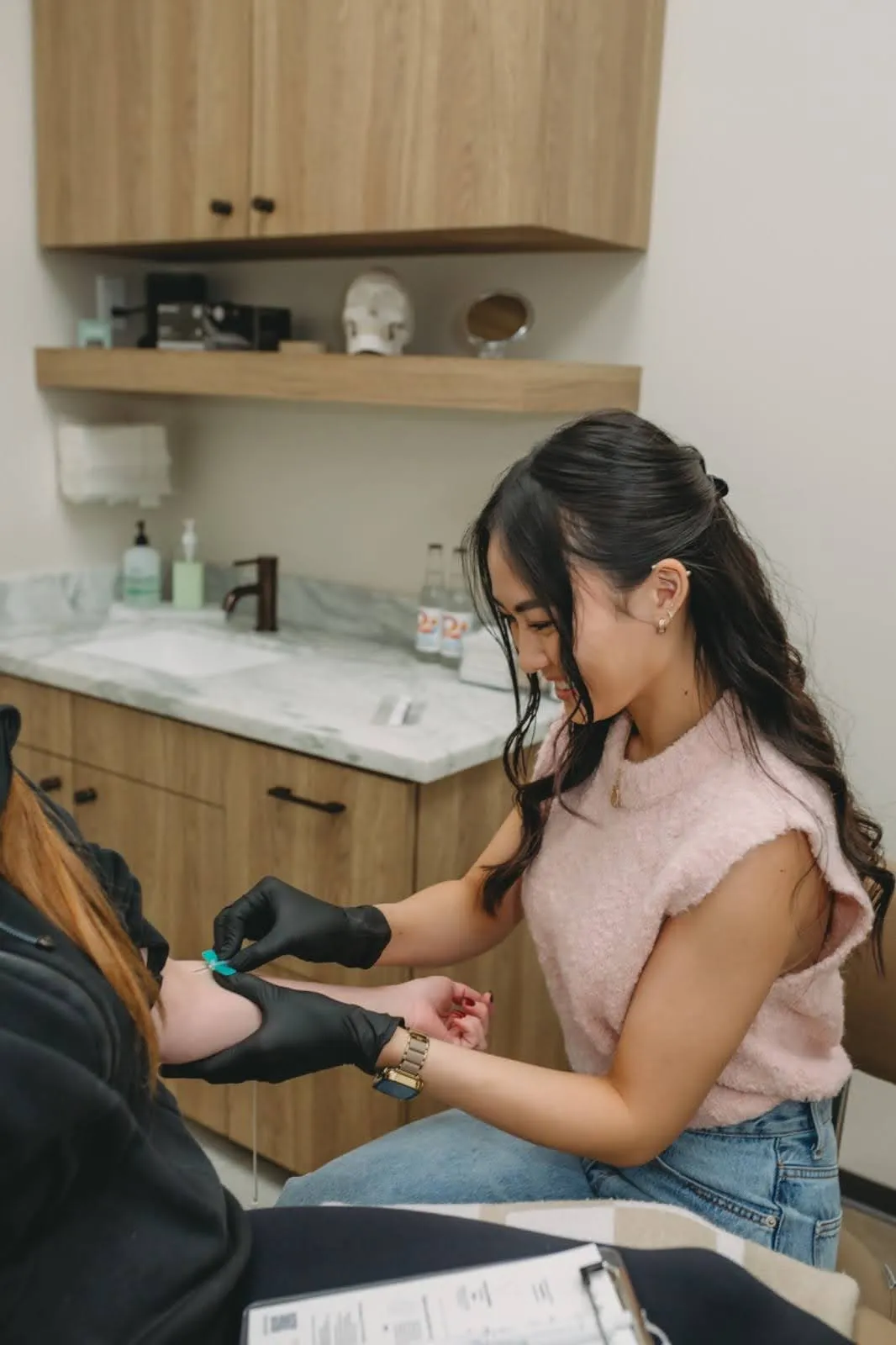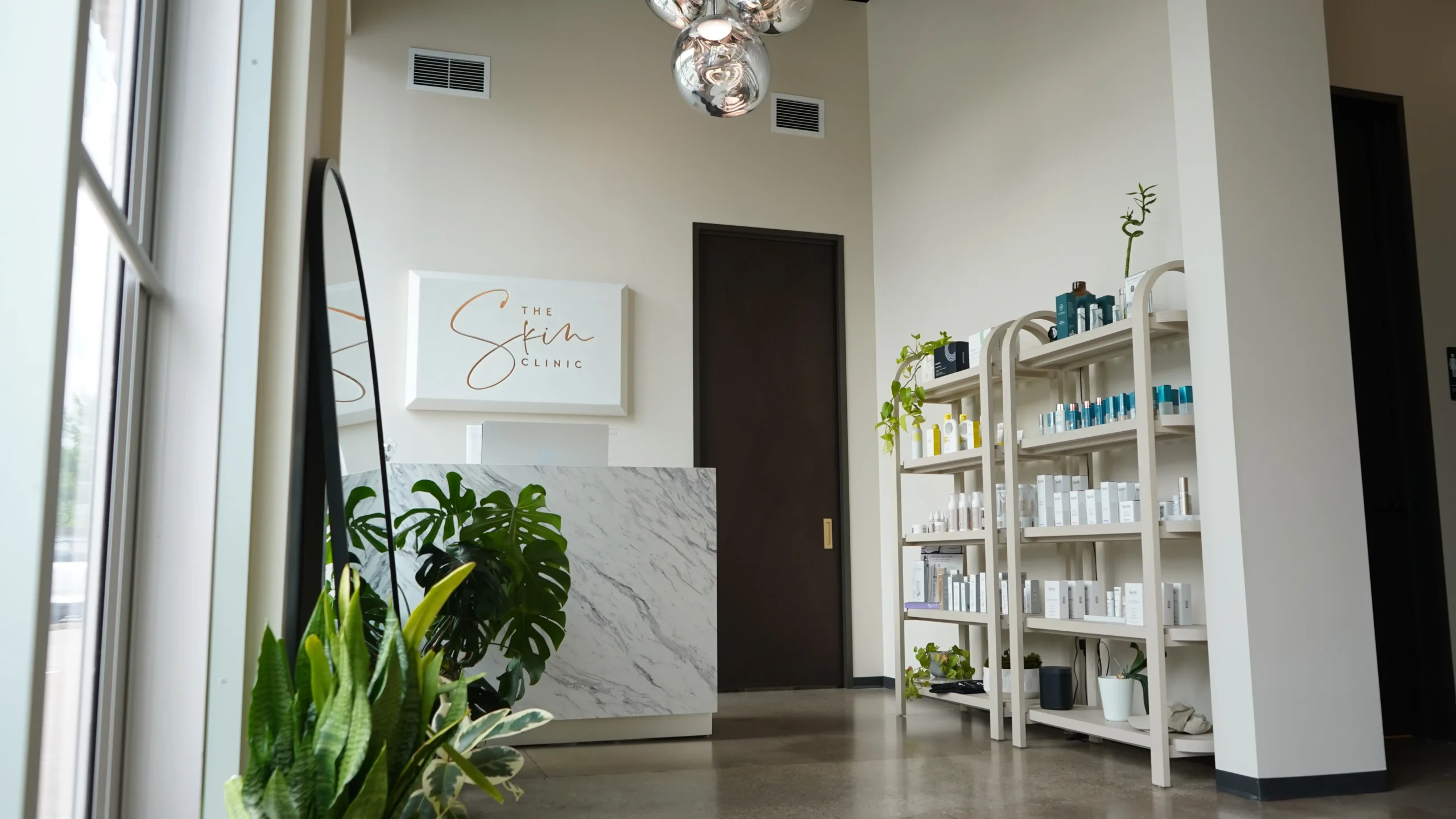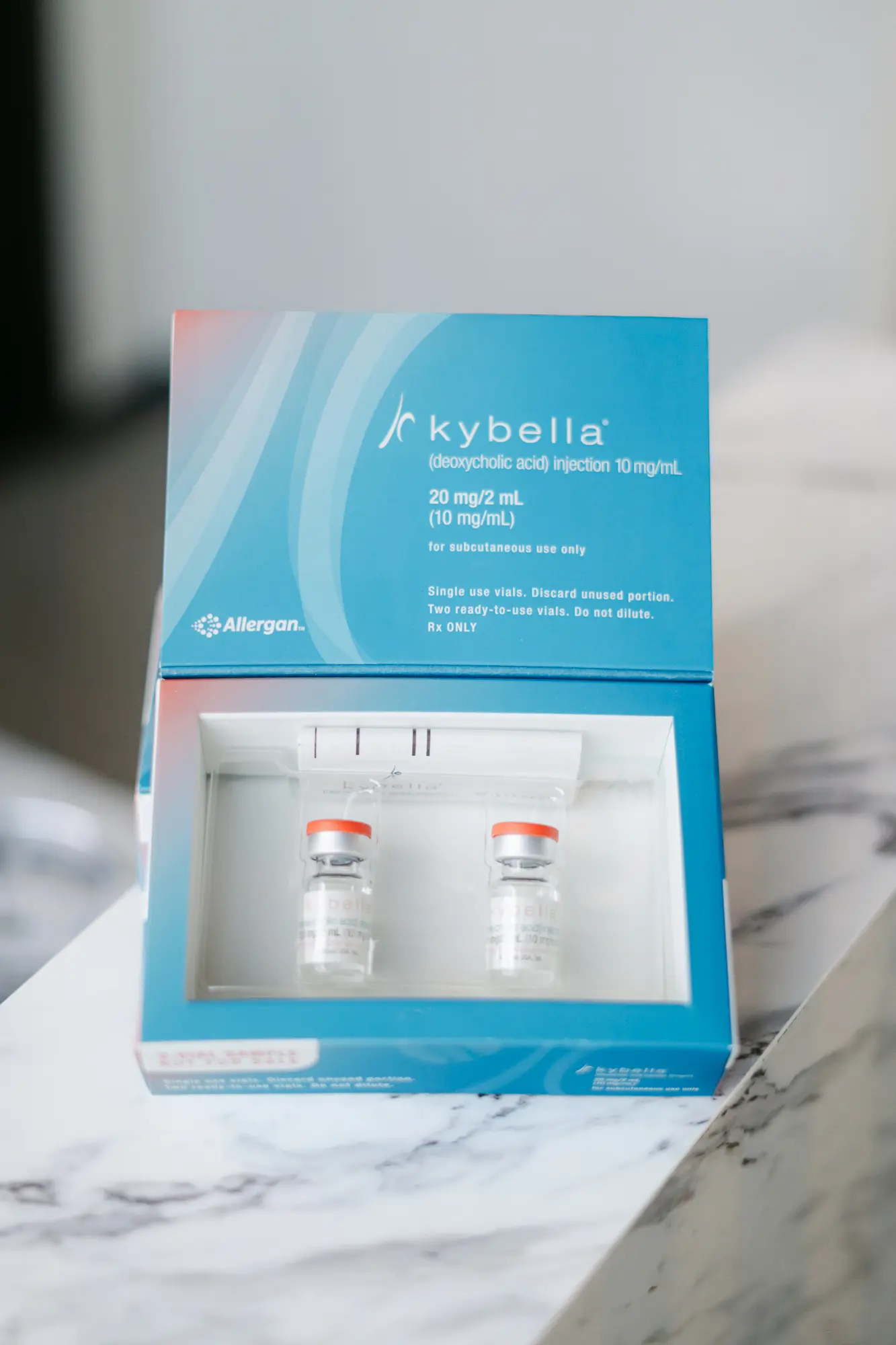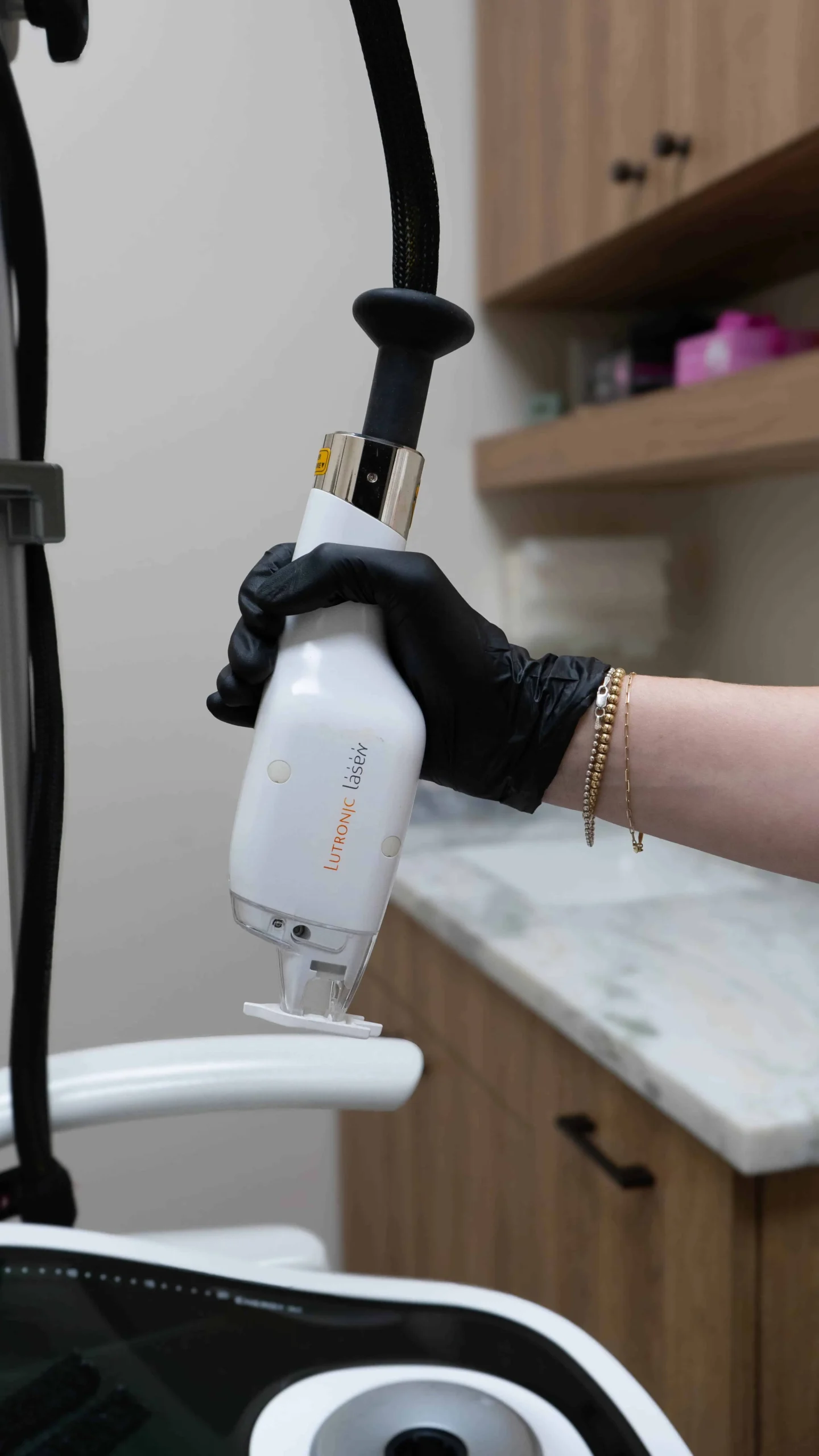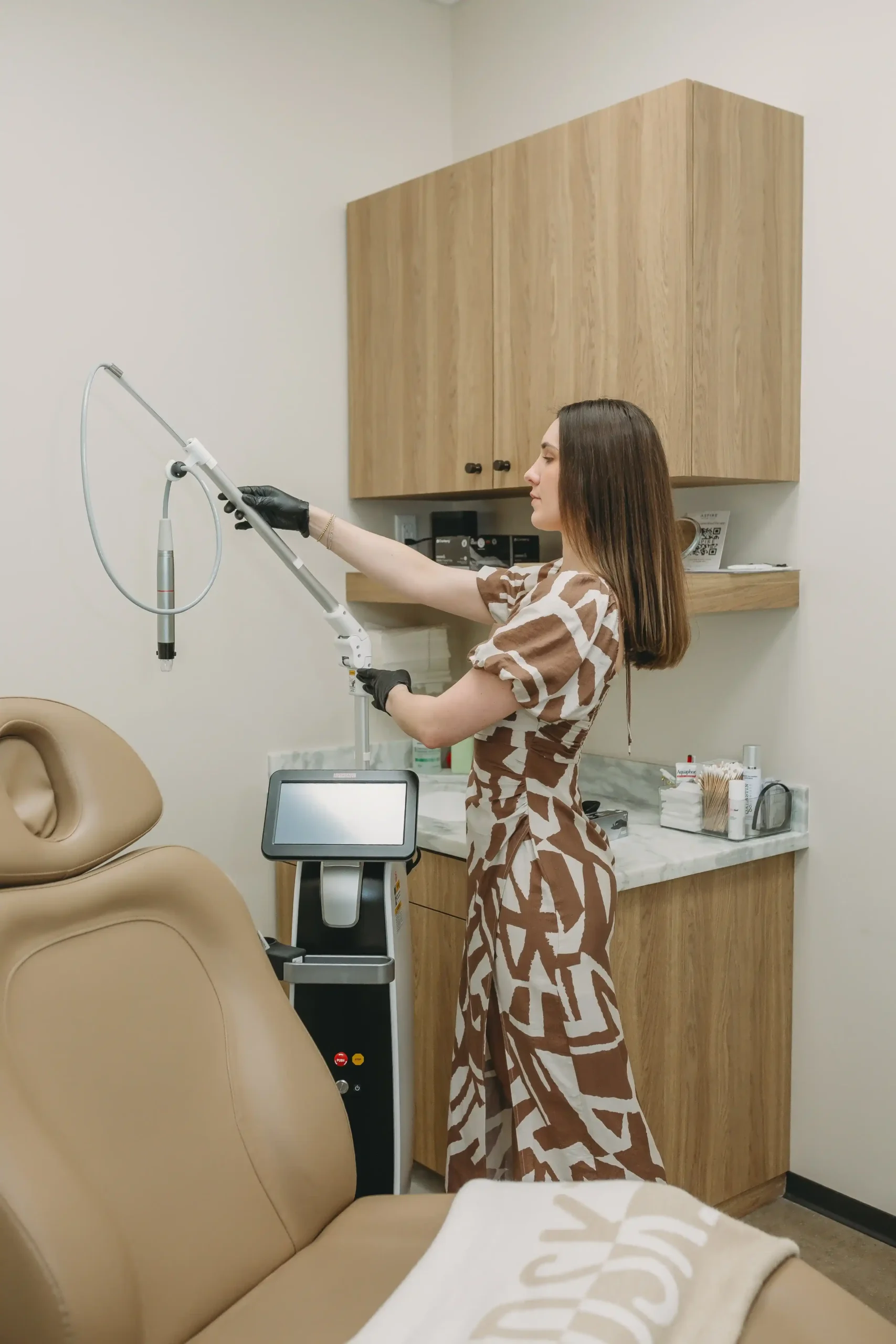
Treating Acne: Most Beneficial Products and Treatments

Treating acne involves a variety of products and approaches, depending on the severity and type of acne you have. Here’s a comprehensive list of products and treatments commonly used for acne:
Over-the-counter (OTC) Products
1. Cleansers
- Benzoyl Peroxide: Helps kill acne-causing bacteria. Look for products with 2.5% to 10% benzoyl peroxide.
- Salicylic Acid: A beta hydroxy acid that helps exfoliate dead skin cells and unclog pores.
- Sulfur: Reduces inflammation and absorbs excess oil.
2. Topical Treatments
- Retinoids (e.g., Adapalene): Derived from vitamin A, they help unclog pores and reduce inflammation.
- Benzoyl Peroxide Gel: Reduces acne-causing bacteria and helps in drying out pimples.
- Salicylic Acid Pads: Provides a convenient way to apply acne-fighting ingredients.
3. Spot Treatments
- Tea Tree Oil: A natural alternative with antibacterial properties.
- Hydrocolloid Patches: Help absorb pus and reduce inflammation from individual pimples.
4. Moisturizers
- Non-Comedogenic: Choose oil-free and non-comedogenic moisturizers to avoid clogging pores.
- Gel-Based: Often preferred for acne-prone skin as they are lighter.
Prescription Products
1. Topical Medications
- Retinoids (e.g., Tretinoin, Tazarotene): More potent than OTC versions and can help with severe acne.
- Antibiotics (e.g., Clindamycin, Erythromycin): Help reduce bacteria and inflammation.
2. Oral Medications
- Oral Antibiotics (e.g., Doxycycline, Minocycline): For moderate to severe acne, reducing bacteria and inflammation.
- Oral Contraceptives: For females, some birth control pills can help regulate hormones that trigger acne.
- Isotretinoin (Accutane): A powerful medication for severe, cystic acne, usually prescribed when other treatments fail.
Professional Treatments
1. Chemical Peels
- Types: Salicylic acid, glycolic acid, and lactic acid peels can help exfoliate the skin and unclog pores.
2. Laser Therapy
- Types: Different types of lasers can reduce bacteria, shrink oil glands, and improve skin appearance.
3. Light Therapy
- Blue Light: Targets and kills acne-causing bacteria.
- Red Light: Reduces inflammation and promotes healing.
Lifestyle and Home Remedies
1. Daily Routine
- Cleanser: Use a gentle, non-comedogenic cleanser twice daily.
- Moisturizer: Maintain hydration with a suitable moisturizer.
2. Diet and Hydration
- Healthy Diet: Some studies suggest that a diet low in refined sugars and dairy might help.
- Hydration: Drink plenty of water to support overall skin health.
3. Avoid Picking
- Prevent Scarring: Refrain from picking or squeezing pimples to prevent further irritation and scarring.
Choosing the Right Products
- Identify Skin Type: Determine whether your skin is oily, dry, or combination to select appropriate products.
- Patch Test: Always patch test new products to ensure they don’t irritate your skin.
- Consult a Dermatologist: For persistent or severe acne, a dermatologist can recommend a tailored treatment plan.
By using the right combination of products and treatments, you can effectively manage and reduce acne.


